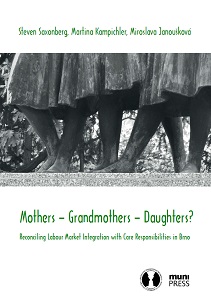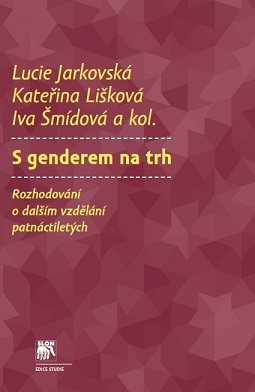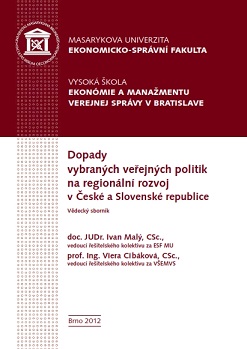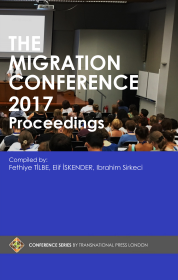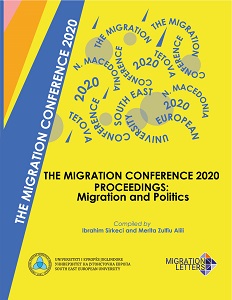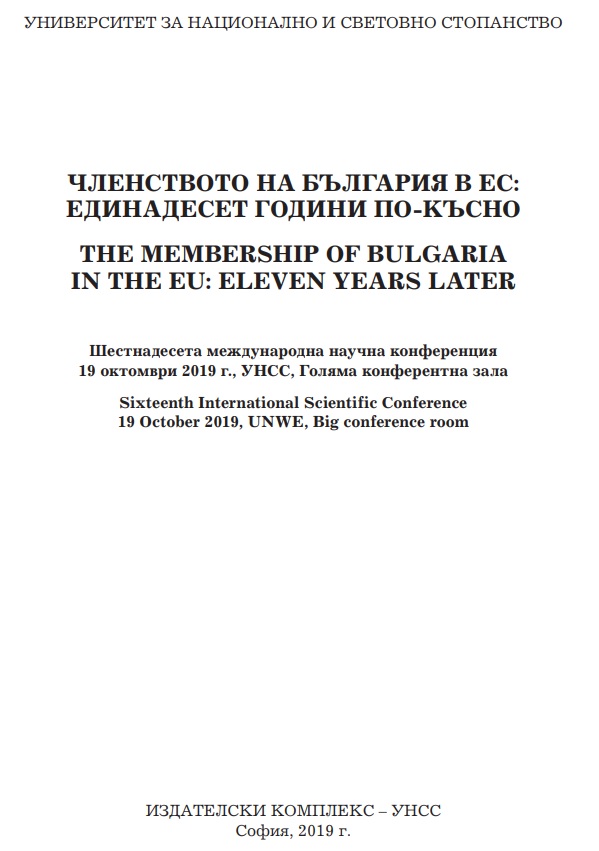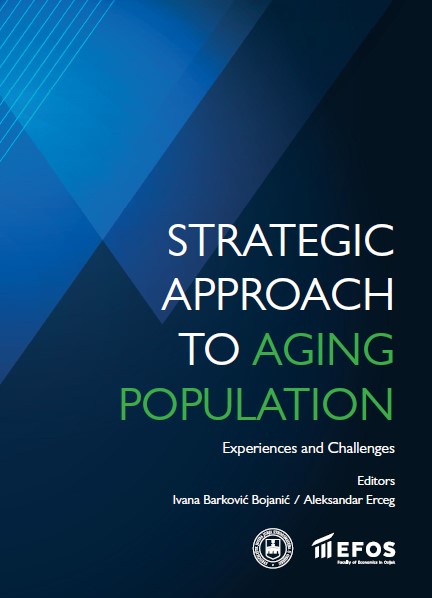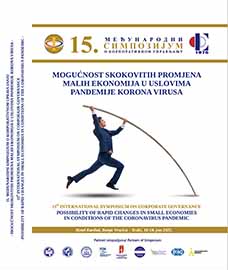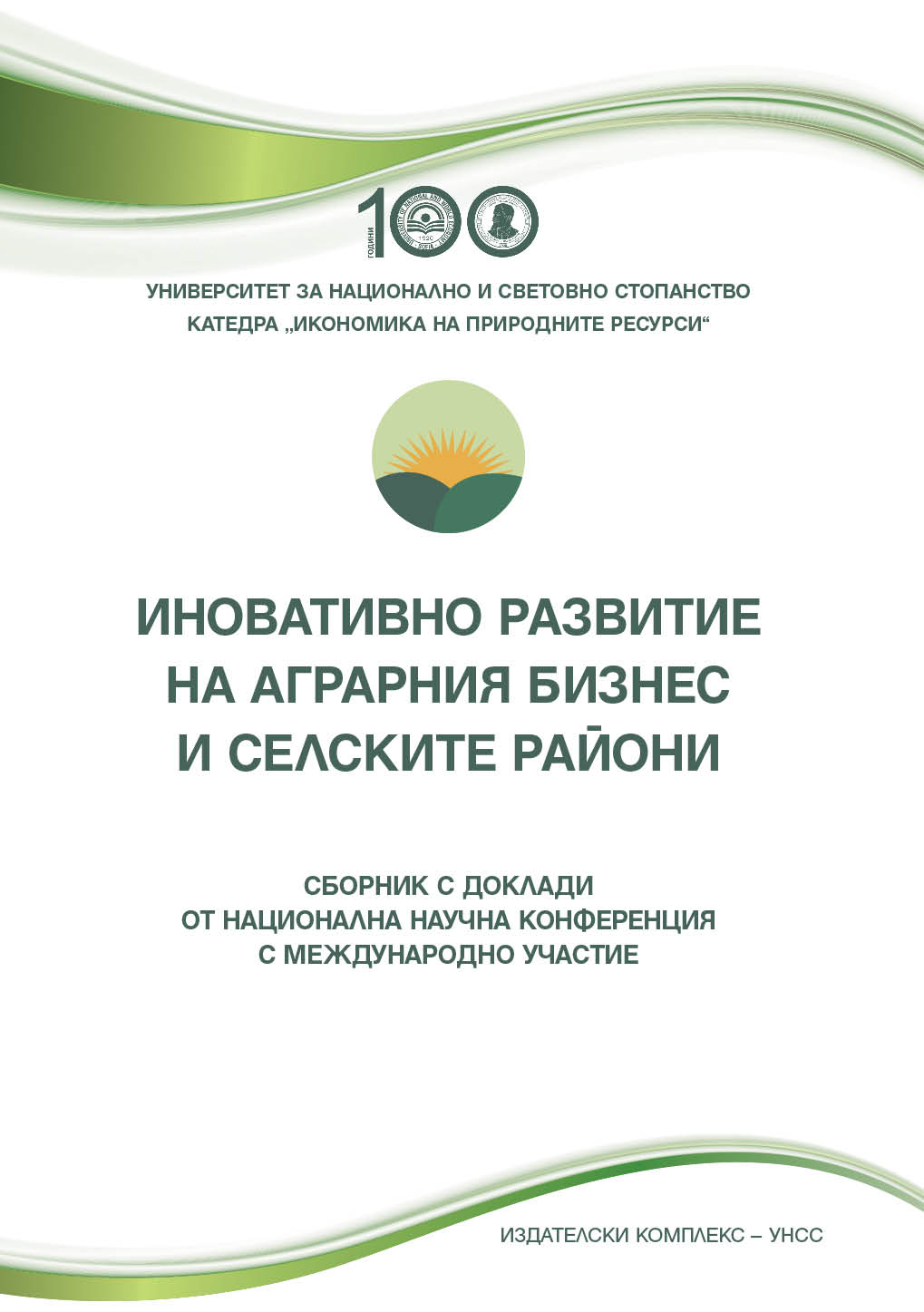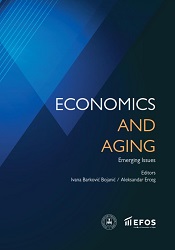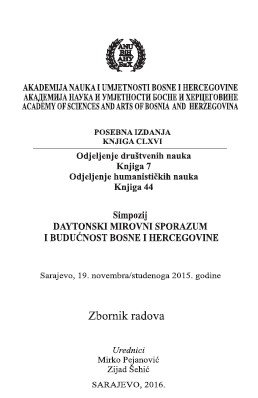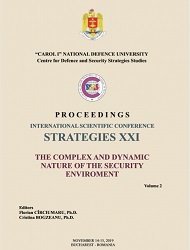
ETHICAL-MORAL PRINCIPLES CURRENTLY USED IN INTERNATIONAL RELATIONS
The current international system bases its moral fundamentals on principles developed along the centuries with major contribution from theorists associated to the Western and Christian culture.The Just war theory, a term that encompasses generally agreed moral and ethic principles on how to declare, conduct and conclude a war, is a collective effort of theorists who contributed decisively to the blueprints of the UN Charter and are strongly reflected in the Geneva Conventions provisions. Both documents are fundamental in regulating the way the relationship between states are currently shaped.This status quo allows advanced democratic states to engage, either using the framework provided by the military alliances, the already established security organizations or the ad-hoc coalitions, throughout the full spectrum of military operations in support of peace, subject to moral justification of their military action.However, recent transformation on the nature of war, technological developments and the emergence of new non-state actors on the international stage are challenging the existing paradigm.
More...
